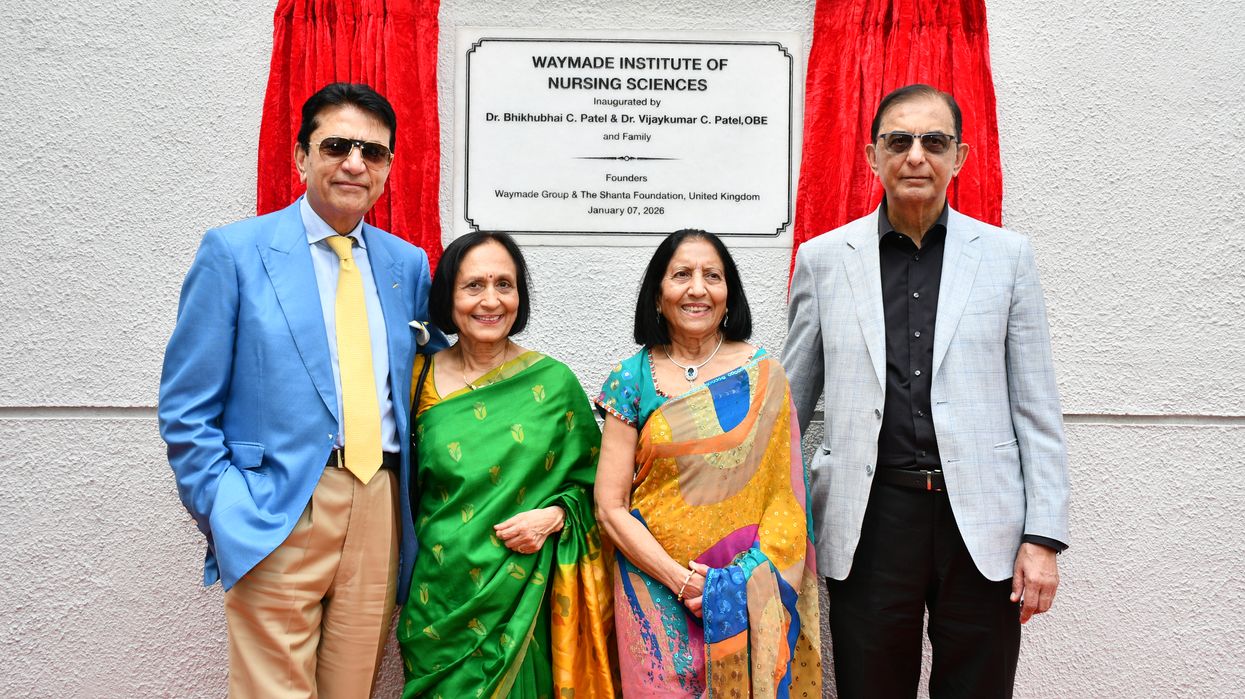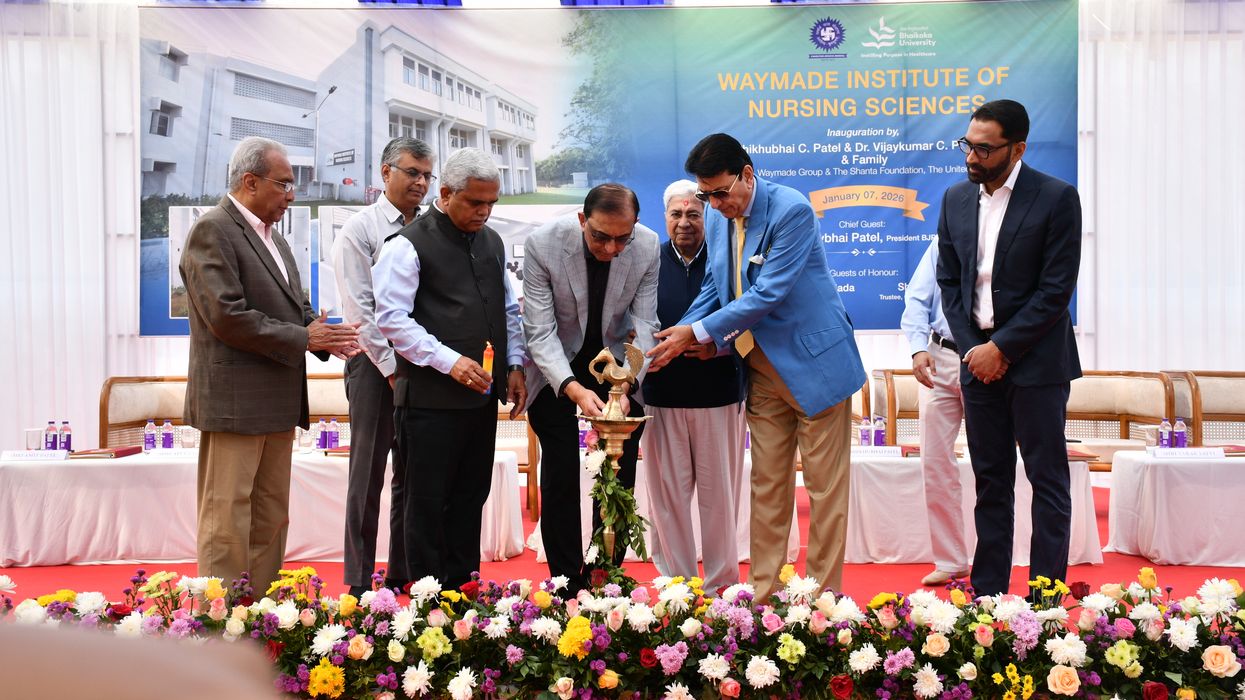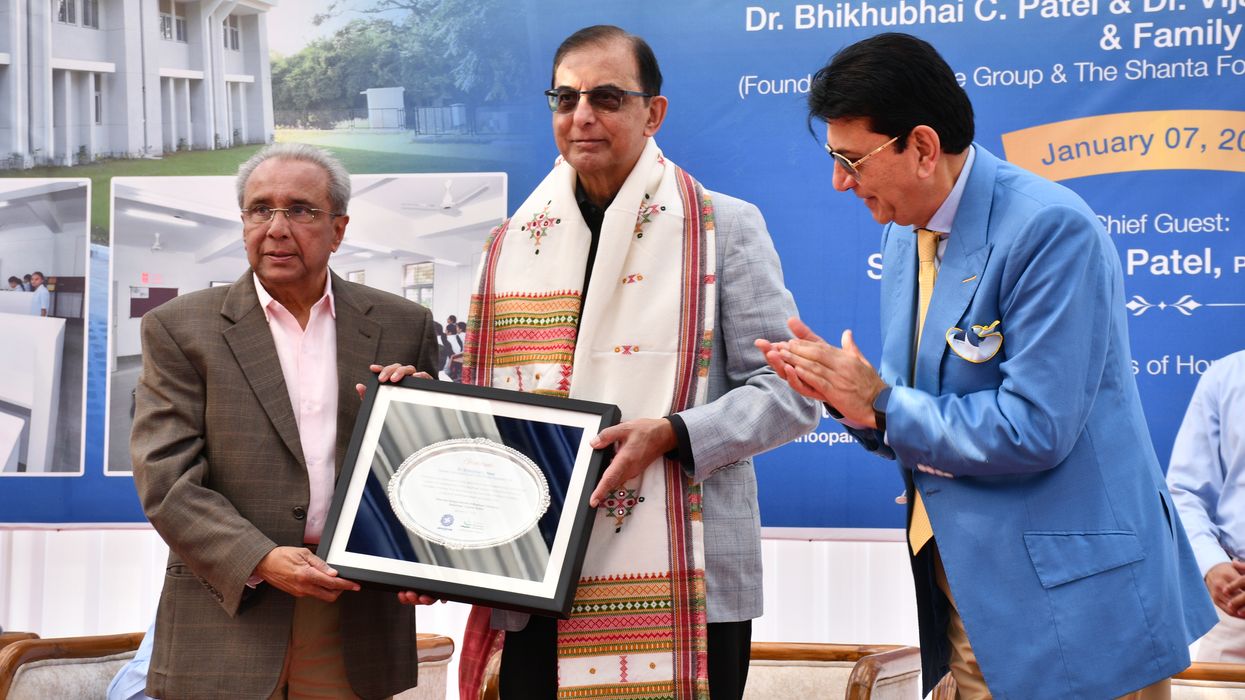“AFZAL Guru is not my icon, Rohith Vemula is”, said Jawaharlal Nehru University (JNU) student leader Kanhaiya Kumar on Friday (March 4), while asserting that there is huge difference between treason and being anti-government.
A day after he walked out of the Tihar jail in Indian national capital Delhi to a grand welcome, the 29-year-old research scholar, addressed a press conference at the JNU where he deftly handled a number of tricky questions, including speculations about his entry into mainstream politics.
Coming down hard on the Modi Government for “maligning” the image of JNU, Kumar said efforts to patenting of nationalism must be defeated and that there is a huge difference between “treason” and speaking against the government.
“We strongly condemn what happened on February 9. It’s for court to decide if that was ‘raaj droh’ or not. But I urge the government not to use serious charge of sedition to ruin future of student,” Kumar said adding he is “a resident of India and not a terrorist.”
Kumar was arrested on February 12 in connection with the February 9 event organised to protest the hanging of Parliament attack convict Afzal Guru on his third death anniversary during which anti-national slogans were allegedly raised.
Kumar was granted interim bail for six months by the Delhi High Court on Thursday (March 3) on condition that he will cooperate in the ongoing investigation. He was released from Tihar on Thursday.
“If you ask me, Afzal Guru is not my icon, Rohith Vemula is,” Kanhaiya said responding to barrage of questions on his view about Guru.
“For me, Afzal Guru was a citizen of the country who was punished under the law. Whether that punishment was right or wrong, anyone can debate that as the law permits the same.”
Asked whether he will join politics, Kumar “I am not a politician, I am a student,” he said, insisting JNU students can never be anti-nationals as they understand the meaning of freedom of speech and meaning of freedom.
He said “my task is to study and fight for those who wish to study but are unable to do so. Since the fight is long, there can’t be a victory march but a unity march on that.”
Reacting to remarks that taxpayer’s money was being wasted in running the university, Kumar said “I want to tell the people of the country that the taxes they pay are being invested in the right place.”
To a question, he said “I am against patenting of nationalism and the concept of Akhand Bharat propagated by ABVP and select sections of society.”





 The Patel family during the event
The Patel family during the event








